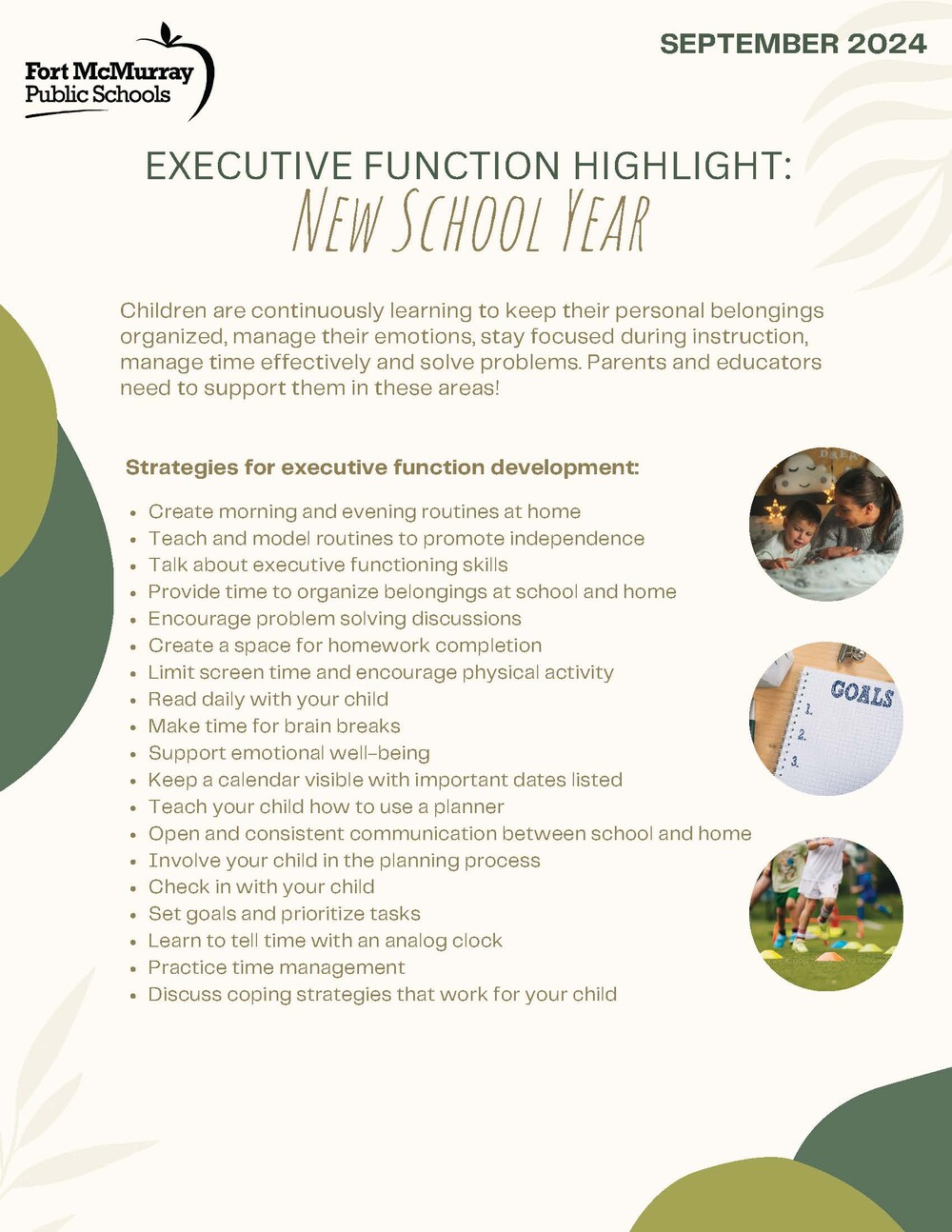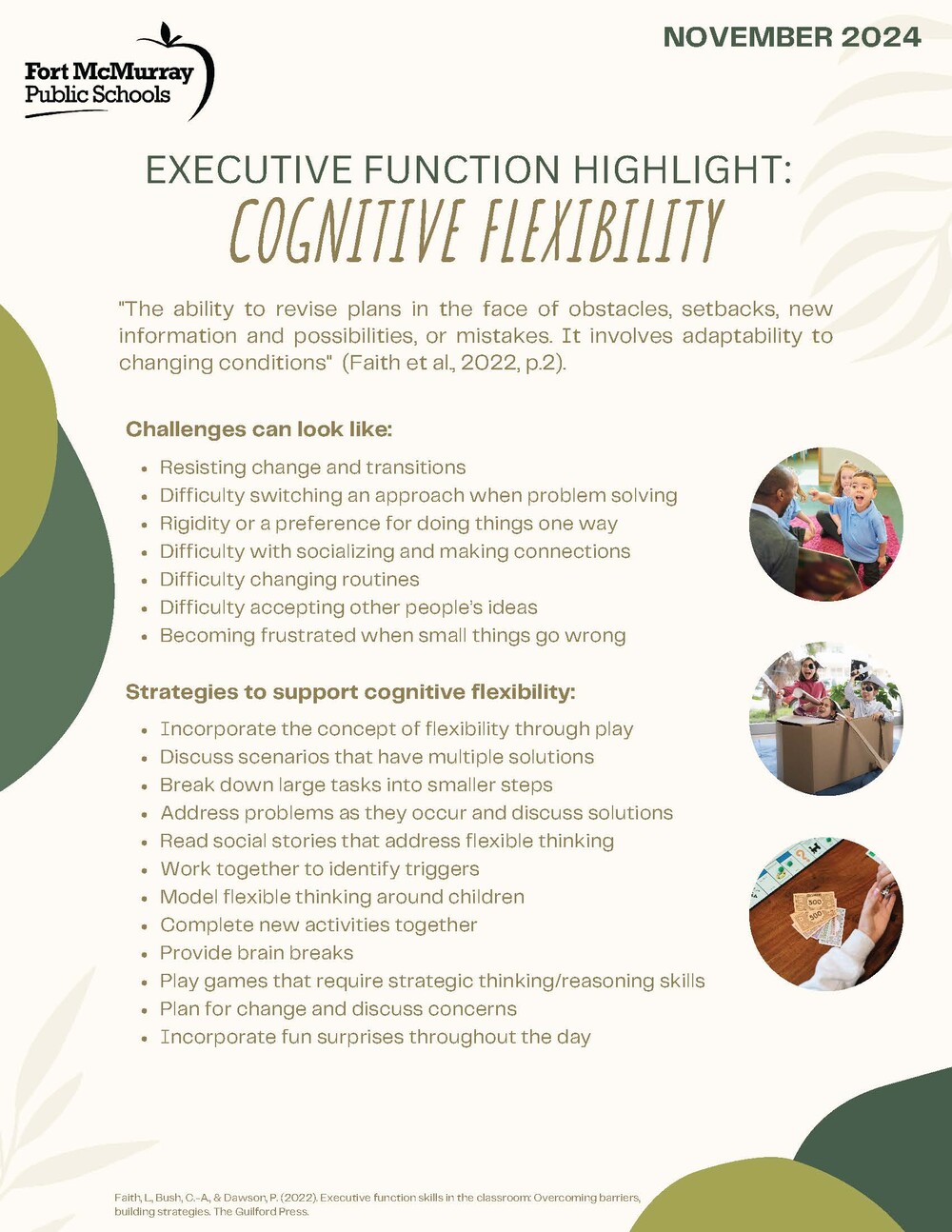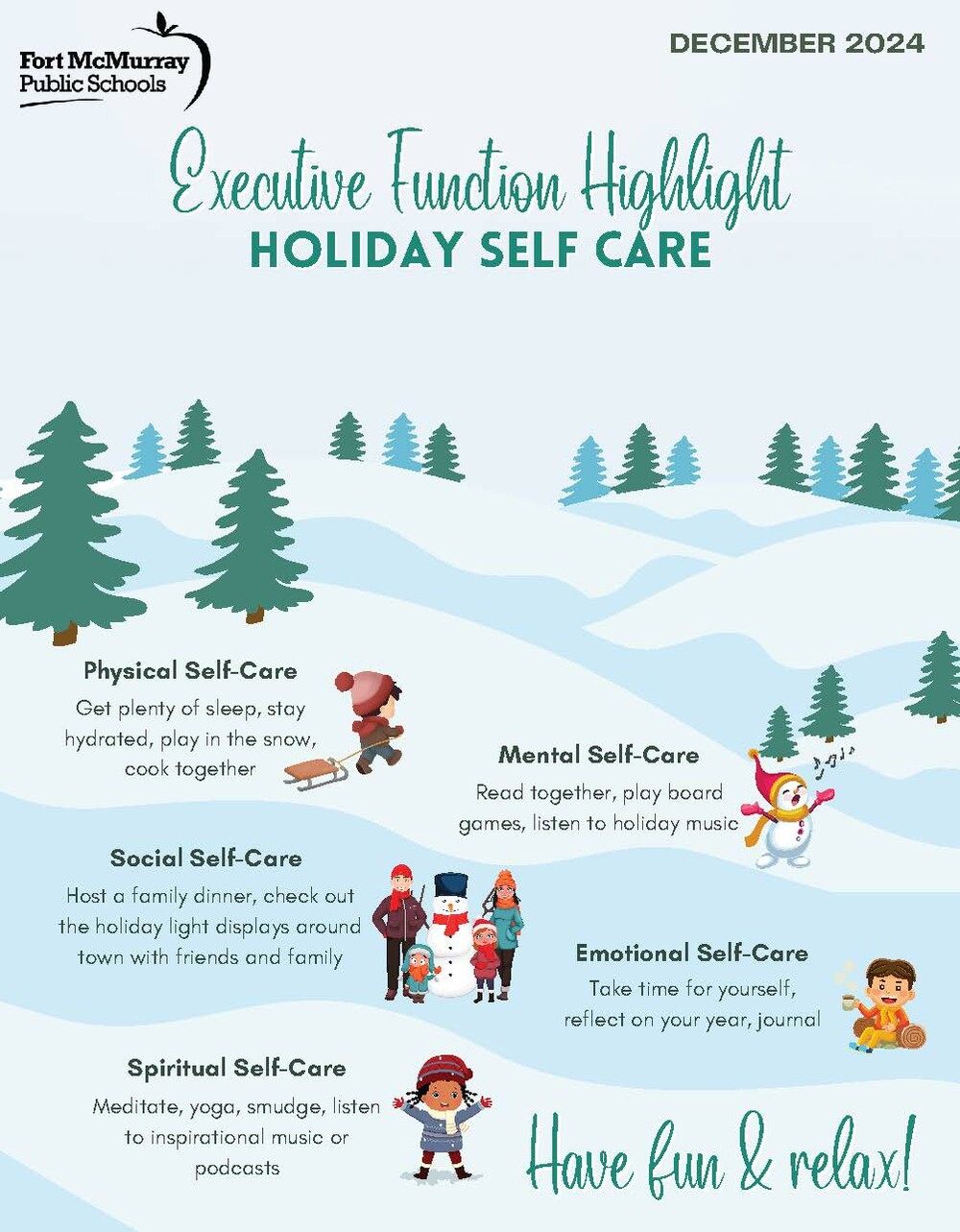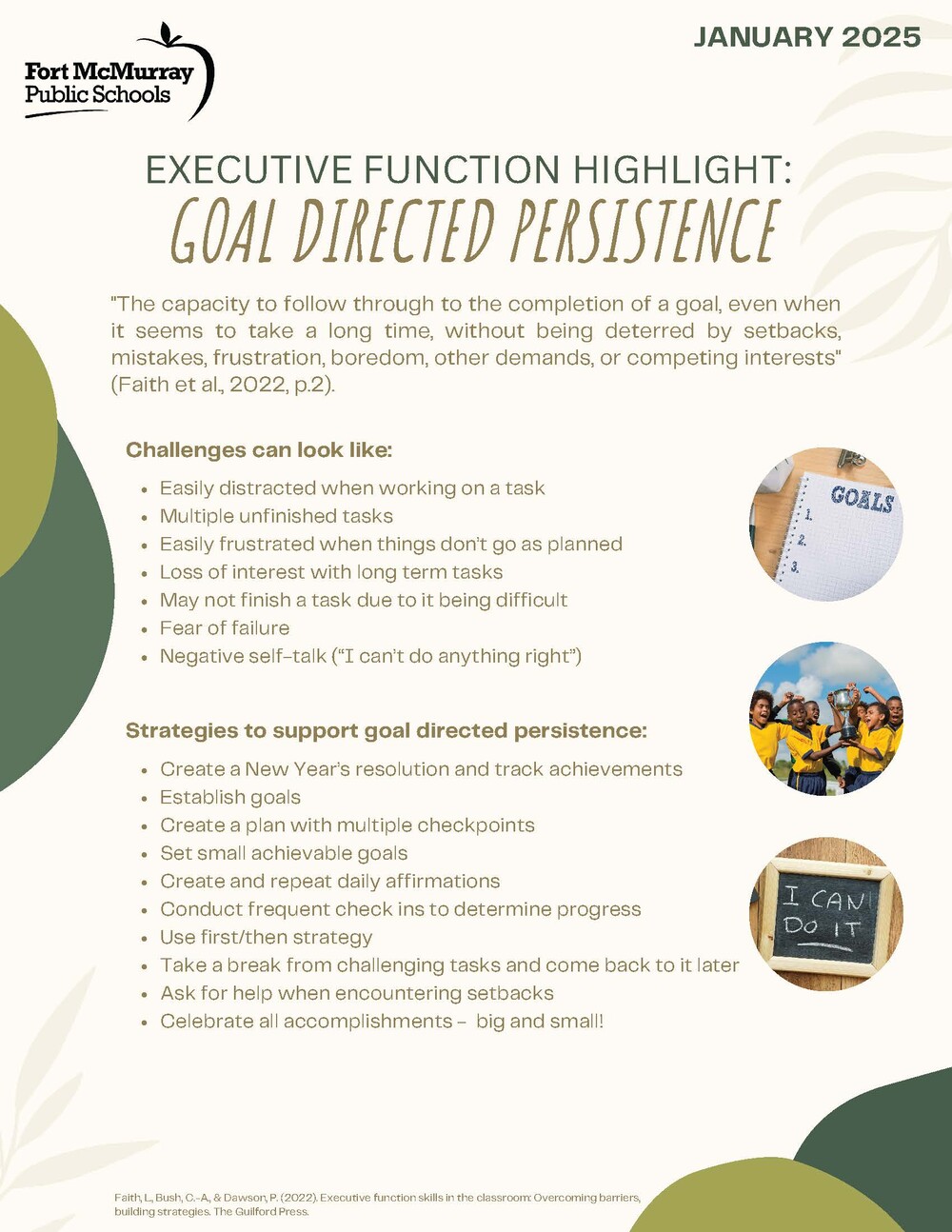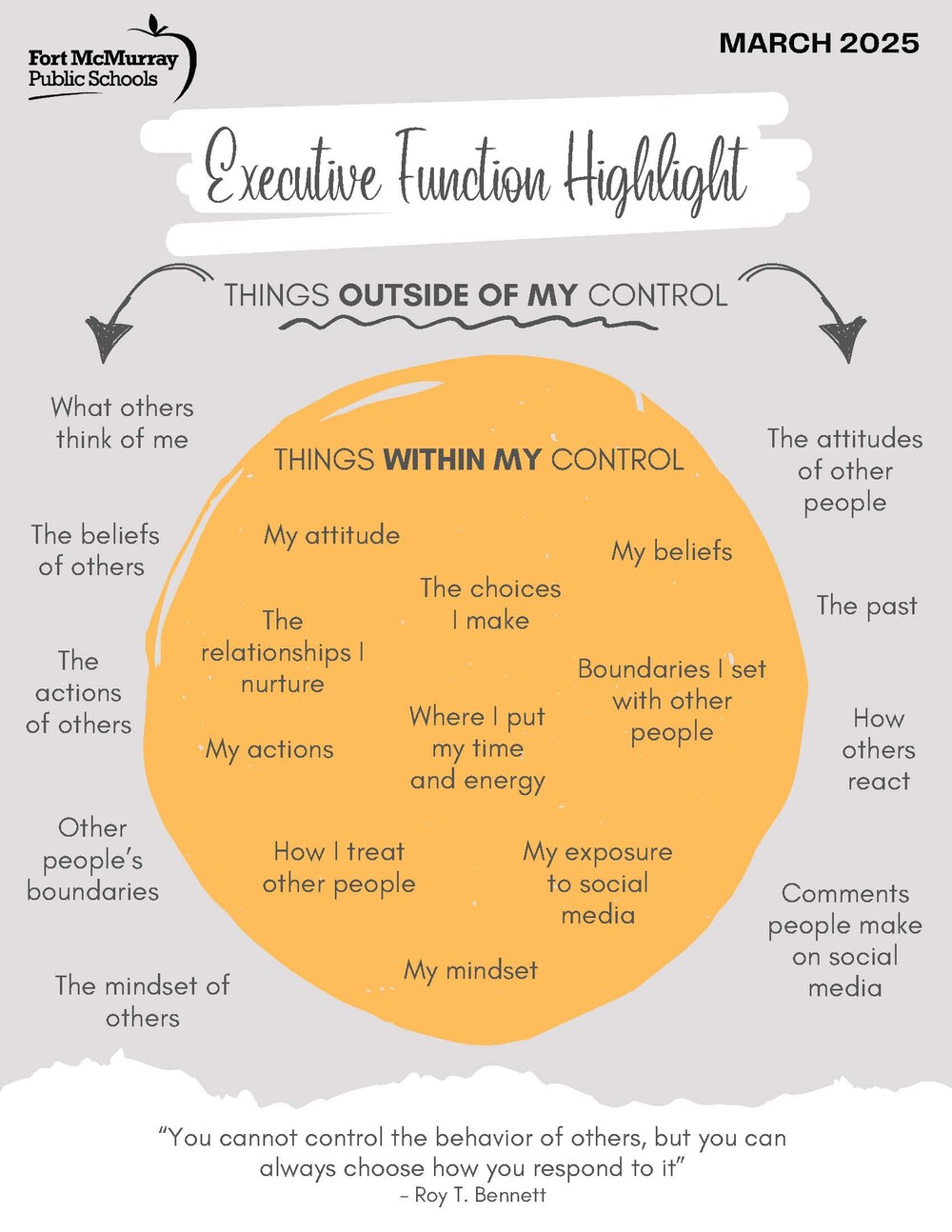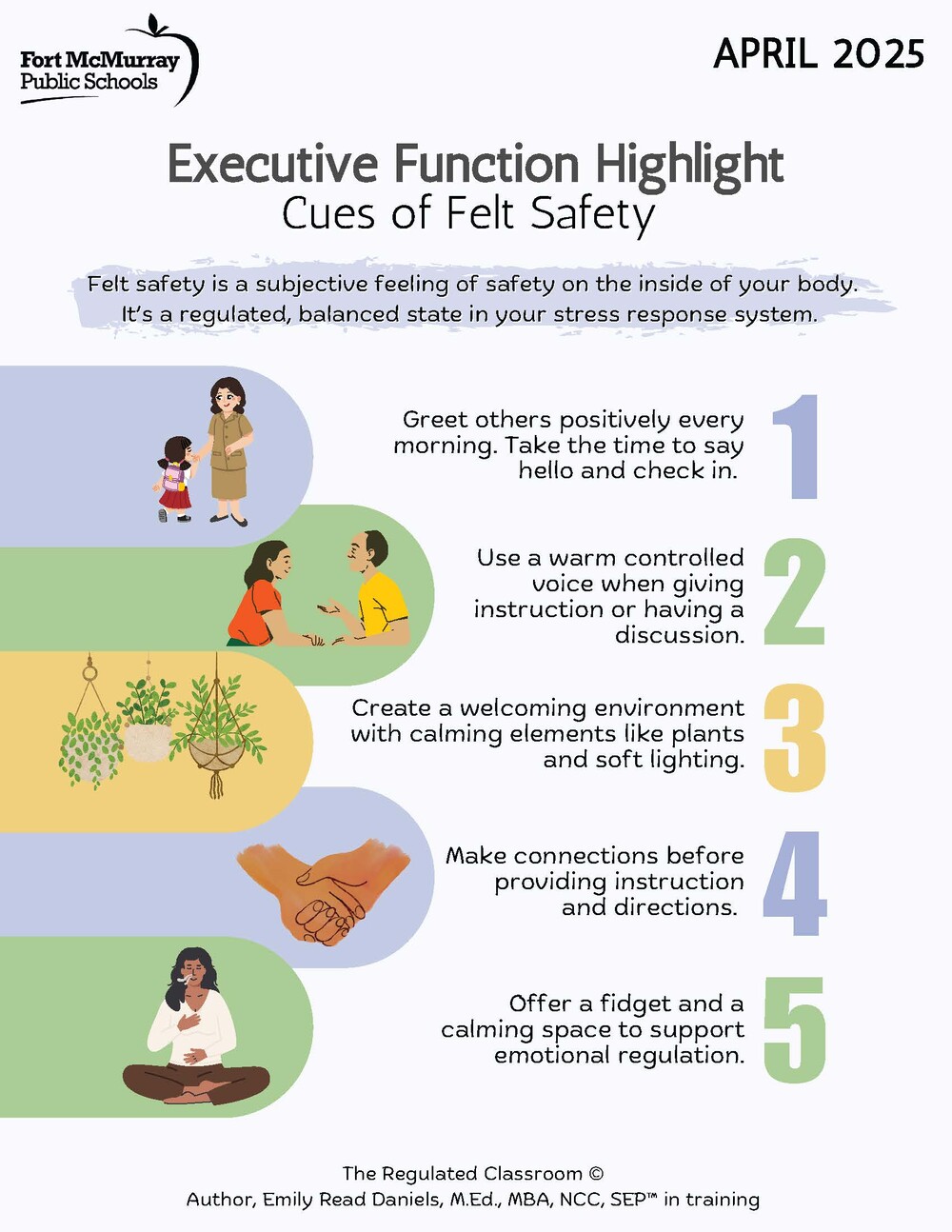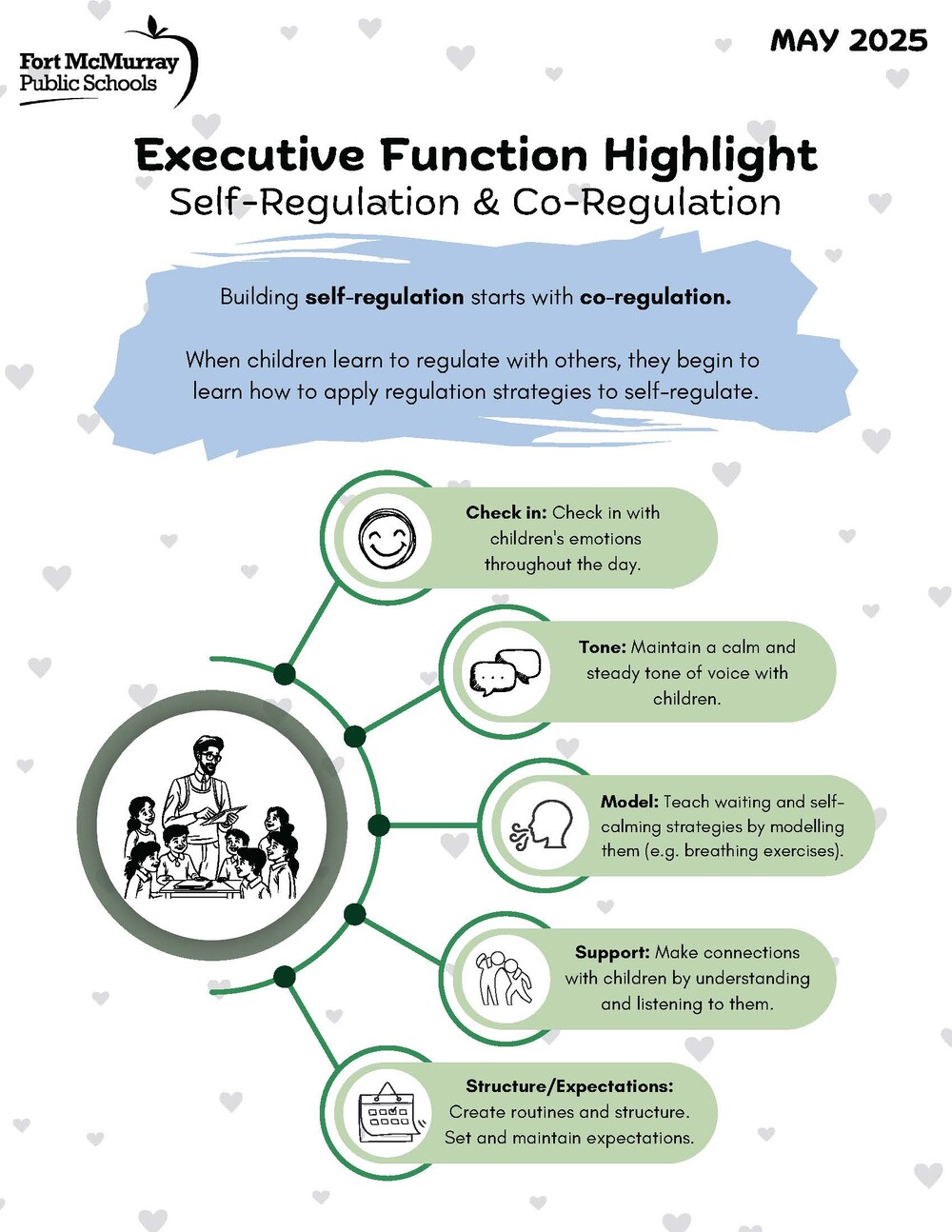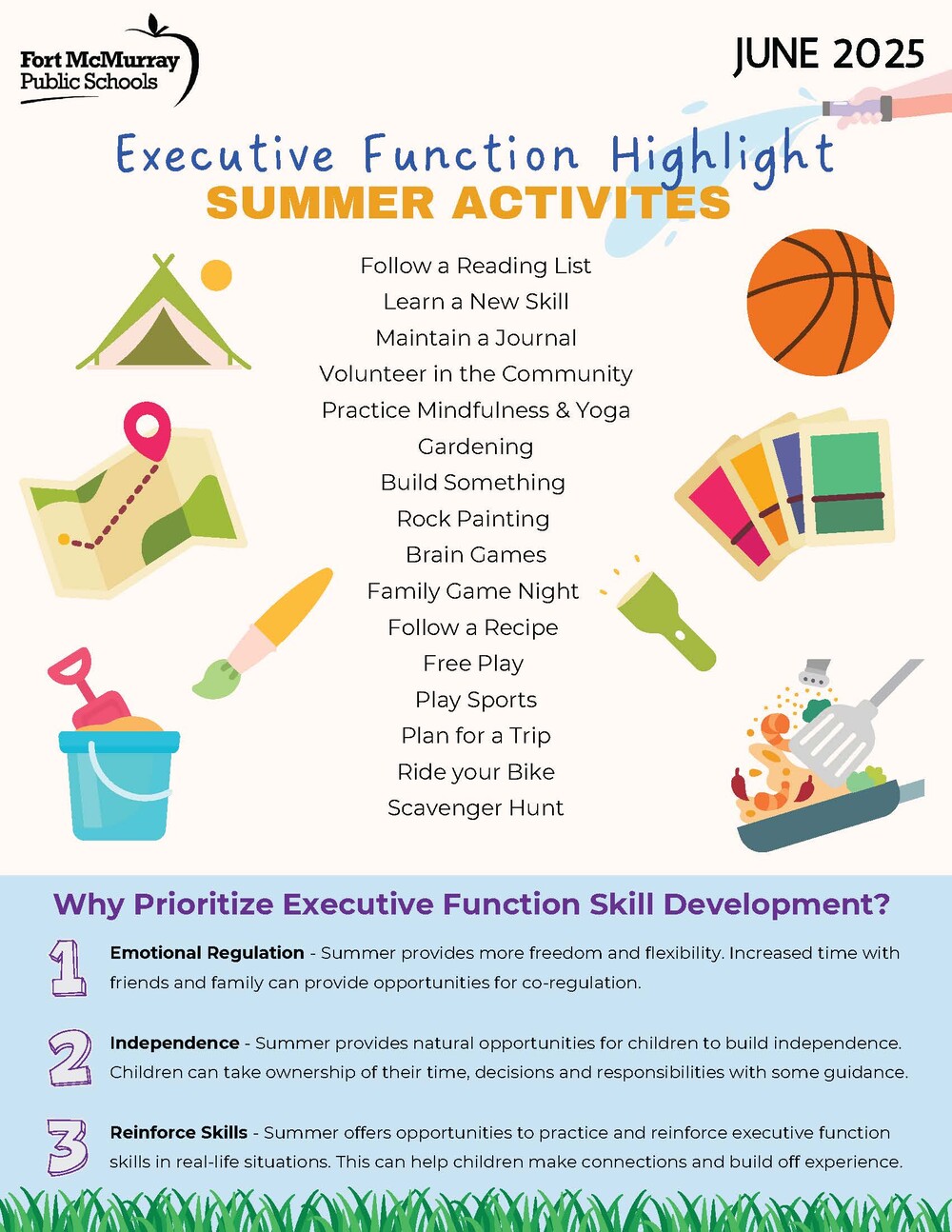Your attitude toward school attendance, education and involvement in the school makes a strong and lasting impression on your child. Show your child, by example, that learning is a priority.
Show interest in school work
- Talk about school each day.
- Ask to see classwork.
- Have your child read aloud to you.
- Read to and with your child from a variety of material in your first language.
- Encourage your child to discuss new ideas and opinions.
- Show appreciation for good efforts.
Offer suggestions for success
Help your child use the following strategies to improve performance in school:
- Read the assignment when it is given.
- Keep a list of new vocabulary.
- Proofread assignments to catch errors before writing a final draft.
- Review notes before a test.
Schedule study time
Set up an area for homework away from noise and distractions. Post a family calendar that schedules school project deadlines, after-school activities, mid-term dates, exam periods and report card dates.
Other Helpful Hints for Parents
- Encourage your child to develop a positive outlook toward school.
- Stay in contact with your child’s teachers.
- Attend parent-teacher meetings, school plays, monthly assemblies, and concerts, social and sport events.
- Avoid if possible taking holidays during school time.
- Inform the school in advance of your child’s absence from school.
- Meet or contact school staff when an incident arises in school involving your child.
- Cooperate with the school when solving problems or issues involving your child.
- Watch for changes in your child’s mood or behavior that might suggest problems at school.
- Inform teachers of issues that might affect your child’s progress or behavior.
- Review on a regular basis your child’s homework and assignments, and sign agendas.
- Provide access to reading resources at home.
- Read all communications from the school (includes social media sites).
- Encourage your child to participate in extracurricular activities (inside and outside school). It builds good character.
- Spend time with your child when they come home and ask how they day at school went. Help out with school work if possible.
Please Remember:
- We welcome parents to be in the school and encourage you to participate in and attend school functions and events.
- Polite cooperation with all school personnel is essential.
- All visitors must sign in and out at the main office.
- All students have the right to attend school without being afraid or intimidated.
- Harassment of any type (sexual, verbal or physical) and bullying (physical, verbal or via social media) will not be tolerated and dealt with accordingly.
- Clothing, book bags, etc. that display inappropriate language, slogans, pictures or symbols, or anything that might be considered offensive will not be permitted.
- Cell Phones are not to be used in the school and must be kept in backpacks.
- Hats must be removed when you enter the school.
- Bikes and skateboards are not to be ridden on school grounds. Bikes and scooters must be locked in the bike racks.
- Please remember to drive slowly in the school zone.
- Please remember to not drop off students in staff parking or the school bus zone!
- Staff supervision of students at school starts at 7:40am and ends at 2:50pm.

